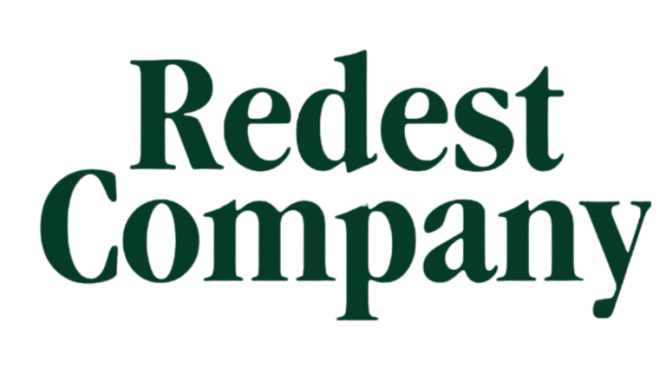What does “scraping” (or web scraping) mean?
- stiliani4
- Jul 10, 2025
- 3 min read
Updated: Jul 14, 2025
Scraping, more precisely web scraping, refers to the automated extraction of information from websites. Unlike manual copy-pasting, a scraper does the work for you. Scanning web pages and pulling the data you need.

How does web scraping work?
Web scraping works in three simple steps:
Opening the website: A small program (called a scraper) visits a website, just like you would in your browser.
Finding the information: The program looks through the page and picks out specific details, like names, prices, or lists, depending on what you need.
Saving the data: The collected information is saved in an easy-to-use file, like a table in Excel or a list you can download.
What is web scraping used for?
Web scraping can be found in almost every industry. Common use cases include:
Price monitoring & market research: Track product prices or competitor changes in real time.
Lead generation: Collect contact info from directories or platforms.
Content aggregation: Pull together news, reviews, or social media content.
Data journalism & research: Extract large datasets for analysis.
Scraping vs. crawling: What’s the difference?
These two terms are often mixed up, but they mean different things:
Crawling means going through many websites page by page. This is what search engines like Google do to find and organize information.
Scraping means collecting specific information from those pages, such as names, prices, or product lists.
Scraping can include crawling, but the main goal is to collect the right data, not just to visit web pages.
Common tools and languages
Web scraping can be done in different ways. Here are some of the most common tools:
Python tools like beautifulsoup, scrapy, or selenium. These are good for people who know how to code.
Javascript tools are helpful when websites change a lot or need interaction, like clicking buttons.
Visual tools like octoparse or parsehub. These are easier to use and don’t need any coding experience.
Is web scraping legal?
That depends on the website. In general, it’s okay to collect information that is publicly visible, like product prices or event dates. But some websites have rules (called “Terms of Service”) that say scraping is not allowed.
To stay safe and respectful:
Don’t collect private or personal data
Follow the website’s rules if they are listed
When unsure, check if the website offers official access to data (this is often called an “API”)
If you're not sure, it's always best to ask for permission, get help from someone who knows the rules or contact us to see how we can help you.
Pros and Cons at a glance
✅ Pros | ⚠️ Cons |
Collects data quickly and automatically | May stop working if the website layout changes |
Saves time and works well even with lots of data | Some websites do not allow scraping |
Useful for many areas (like prices, contacts, or content) | Some basic technical knowledge or help may be needed |
Final thoughts
Web scraping can be very helpful. It allows people and businesses to collect useful information from websites quickly and easily. If it is used the right way, scraping can save time, help you understand the market better and reduce boring, repetitive work.
Are you curious about how scraping could support your business goals? Whether it’s competitive monitoring, smarter prospecting, or saving hours of manual research, we’re here to help. From one-on-one sessions to fully managed data workflows, let’s find the right setup for you.




Comments